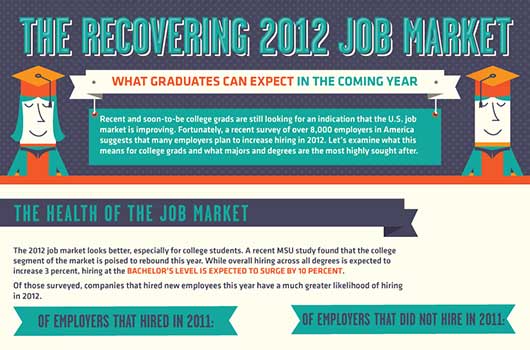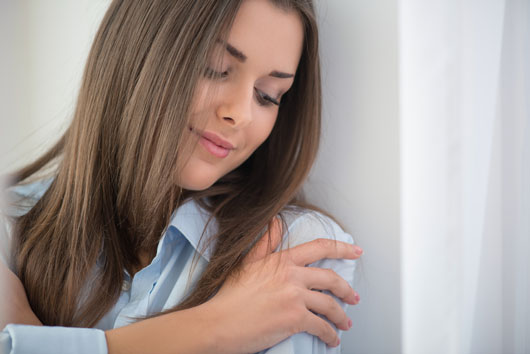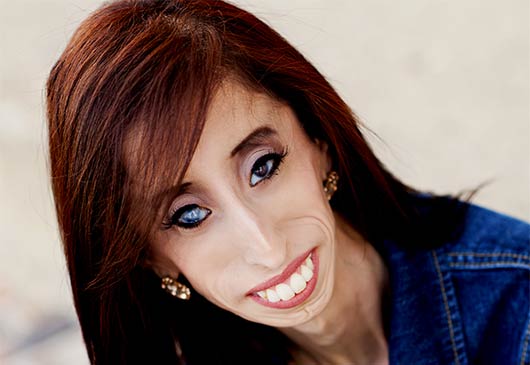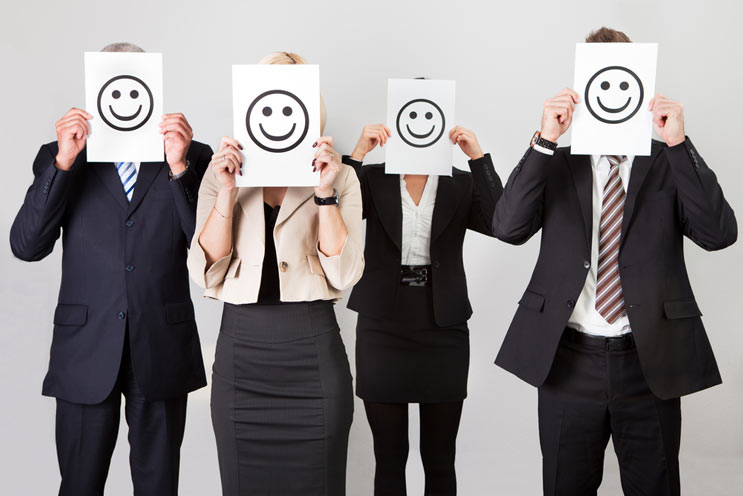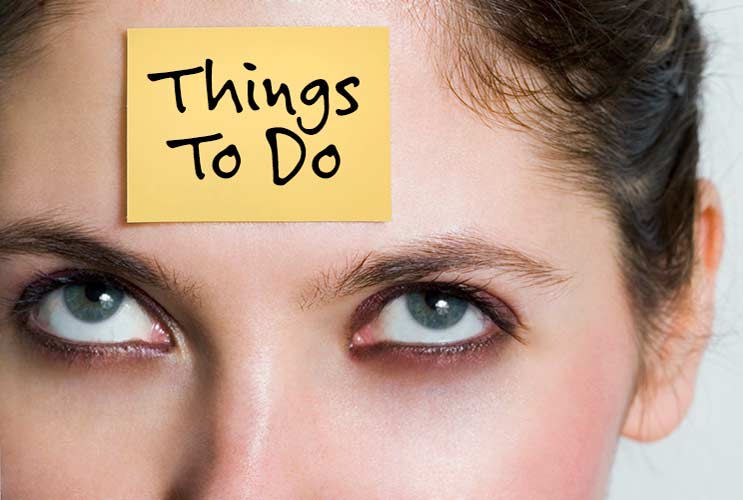
Unemployment kills not only dreams and careers, but it also affects the mental and physical health of the unemployed. Just ask people who are unemployed.
Lessy Diaz is unemployed. She feels frustrated because she has worked all of her life and now she feels like she is not being a productive member of society. The worst thing, according to Lessy, is to think that all those years of professional development and diligence are worth nothing. Lessy candidly shared how the financial stressors have a toll on her marital relationship. “We struggle to keep the harmony,” she says. Being unemployed has also limited Lessy’s social life. “You can’t afford going out with your friends, you end up feeling isolated,” Lessy says. “Physically and emotionally it is not the same even though you are supposed to have more time, you feel consumed by the day-to-day household chores that you don’t take the time to take care of yourself.” The effects of unemployment are “innumerable,” she says, adding that after being without a job for some time “you feel worthless.” Being a mom has helped her persevere, however. “They are a potent reason to press on,” Lessy says.
William Castro and Alonso Molina echoed Lessy’s sentiment about the effects of unemployment on their mental health. William is an architect, but was working as a bilingual teacher. The financial struggles and the fact that he does not have stable employment anymore are a constant source of stress for William. “Sometimes I feel useless,” William says. “Socially, I don’t feel like being around my friends and relatives since everybody knows about our financial struggles.”
Read Related: Tips to Avoid Being Unemployed
Alonso Molina used to teach philosophy in an institution of higher learning. He, too, feels as though his self-esteem has been affected because he is unemployed. “Besides the obvious economic reasons, working is part of fulfilling our role in society and it also helps us feel as a whole person,” Alonso says.
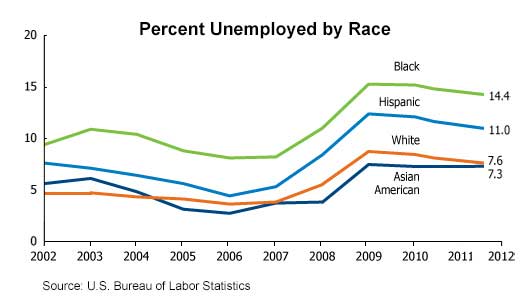
THE STATISTICS
According to recent numbers released by the US Bureau of Statistics, the current unemployment rate in the United States is 8.2 percent. The numbers are higher for certain segments of the population; unemployment among Latinos is 11.0 percent and for African Americans is 14.4 percent Yet numbers alone don’t tell the whole story. Studies are confirming the relationship between unemployment rates and rates of overall mortality, especially due to cardiovascular diseases and suicide. Aggregated data seem to suggest that the impact of unemployment is the same in North America as it is in Europe, Africa and other parts of the world; there is a strong association between unemployment and adverse health outcomes.
ADVERSE HEALTH OUTCOMES
Although a causal relationship has not been established between unemployment and adverse health outcomes, there seems to be growing evidence to support the strong connection between the two. A study done by Harvard University found that unemployed workers were twice as likely to report developing heart diseases or diabetes within a year from having lost their jobs. Stress—typically caused by financial difficulties—has a negative impact on mental and physical health outcomes mainly because it leads to changes in health behavior. People who are unemployed stop going to the doctor to monitor health concerns, they have less or no resources and desire to participate in leisure activities that may help them cope with stress; their eating and drinking habits change leading to over indulge on comfort foods and alcohol to help them deal with their stress and anxieties.
However, these findings have to be considered with a grain of salt as other studies seem to yield paradoxical evidence to support the claim that during periods of high unemployment rates health indicators such as low-birth rate decline. Researchers speculate that it may be due in part to the additional time that expecting mothers have during unemployment to comply with pregnancy medical checkups. Other studies suggest that the adverse influence of unemployment on health outcomes seems to be mediated by the social support network and the gender of the unemployed.
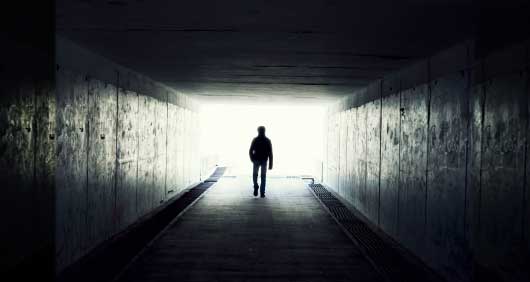
These studies suggest that unemployed men have an increased risk of dying early compared to unemployed women. Researchers, like Lucia Artazcoz from the John Hopkins University School of Public Health, states that the difference between women and men may be in part to mother’s resiliency. Mothers have a drive to survive to protect their children; especially mothers with young children because their little ones depend on them.
In spite of these few studies that present a paradoxical relationship between unemployment and health outcomes, the preponderance of studies seem to agree that one of the most salient effects of unemployment is in the area of mental health with increased depression symptoms, substance abuse, admissions to psychiatric hospitals, death by suicide, and interpersonal violence.
UNEMPLOYMENT’S HUMAN TOLL
Unemployment rate is calculated from the number of people that are actively looking for a job. These days, it is not uncommon to know someone that is unemployed. The toll of unemployment on human capital can only be told by the ones living the statistics. The laments of diminished capacity and potential seem to mark the stories of Lessy, William, and Alonso. Anxiety is palpable and may account in the general population for the higher rates of mortality, due to cardiovascular and mental health issues among the unemployed.
While the current focus of the effects of unemployment is in the economic side of this social malady, there is a significant toll on the human capital of society. According to the American Psychological Association, long-term unemployment has an adverse influence on mental health. If you have friends or relatives who are unemployed, reach out to them; help them feel valuable and invite them to engage in healthy behaviors, like walking or playing sports. You could be saving their lives.

